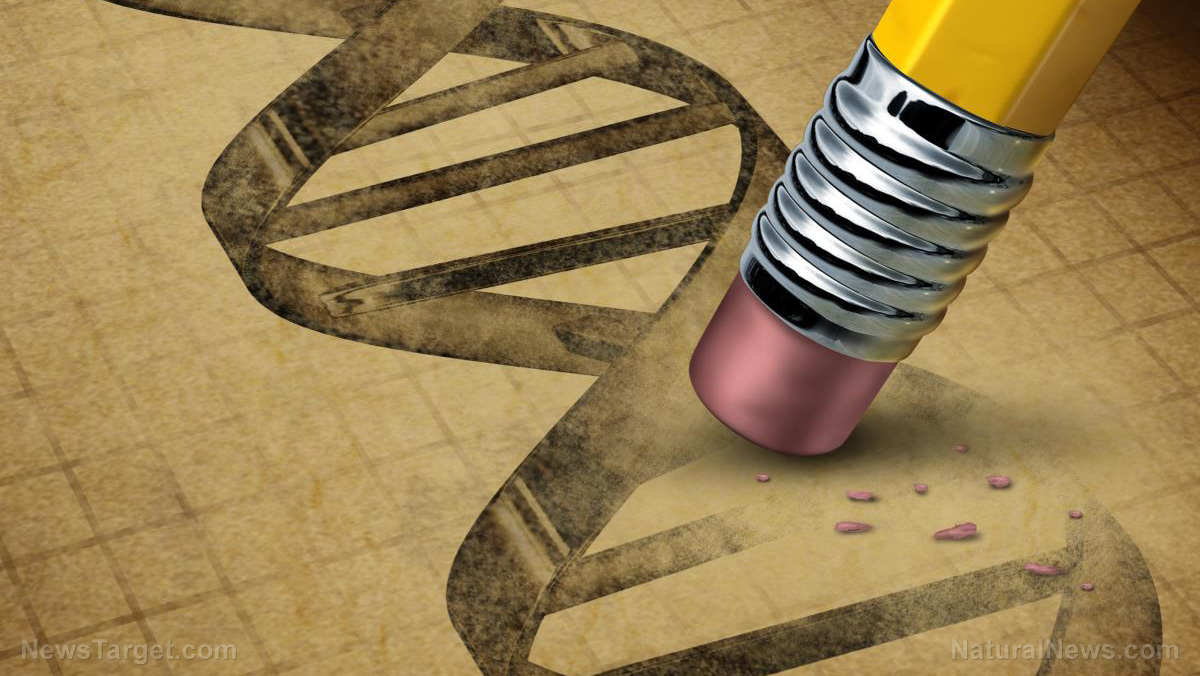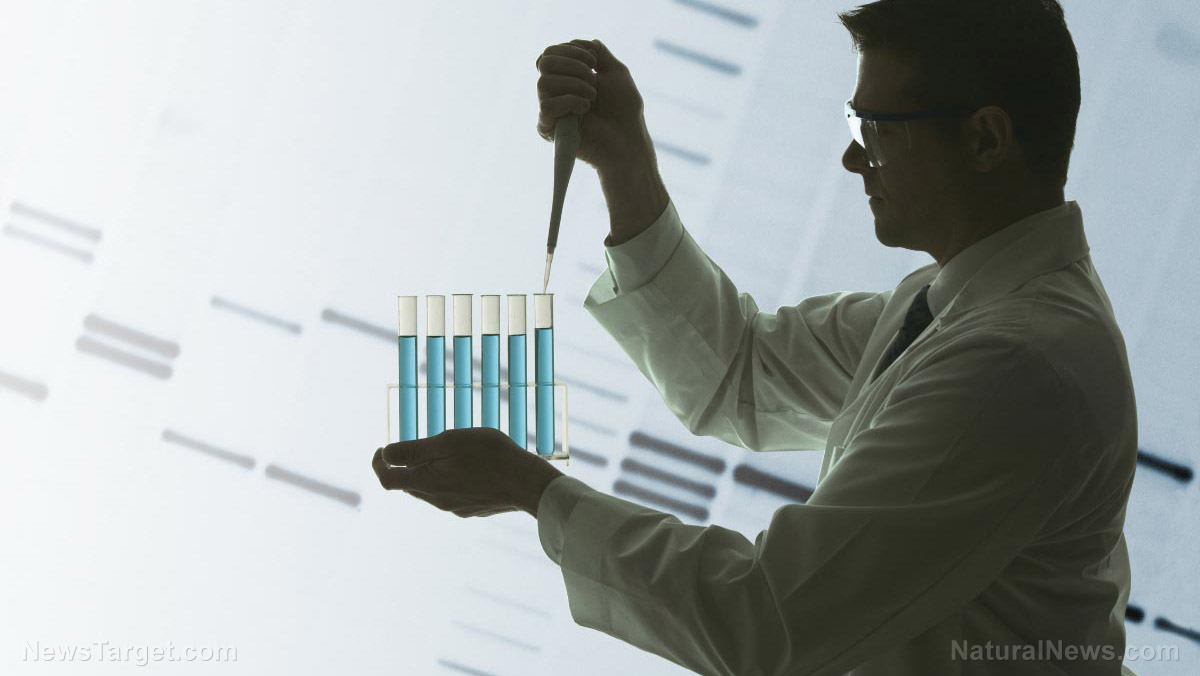
- 23andMe, once valued at $6 billion, filed for Chapter 11 bankruptcy after years of unprofitability, market saturation and failed pivots, leading to a 99.7% stock drop and mass layoffs.
- The bankruptcy raises urgent concerns about the fate of sensitive DNA data belonging to 15 million Americans, with fears it could be acquired by foreign adversaries or hostile entities.
- Experts warn that genetic data — unlike other breaches — cannot be reset and could be weaponized for espionage, blackmail, or bioweapon targeting, particularly by nations like China with a history of aggressive DNA collection.
- Former CEO Anne Wojcicki plans to bid for the company, but skepticism remains about her leadership. The U.S. government may need to intervene to block foreign buyers, as it has in past biotech deals.
- The situation underscores the need for swift regulatory action to prevent a "genetic Pearl Harbor," where adversaries could exploit Americans’ biological data for geopolitical gain.
The collapse of 23andMe, once a Silicon Valley darling valued at $6 billion, has sent shockwaves through the tech and healthcare industries — but the real crisis lies in the fate of the genetic data belonging to 15 million Americans. The company’s Chapter 11 bankruptcy filing on Sunday night, coupled with the abrupt resignation of CEO Anne Wojcicki, raises alarming questions about who will ultimately control this treasure trove of sensitive DNA information — and whether it could fall into the hands of foreign adversaries.
From Silicon Valley darling to financial ruin
23andMe’s downfall was years in the making. Founded in 2006, the company soared to prominence by offering at-home DNA testing kits that promised to unlock ancestry secrets and health risks. At its peak in 2021, it commanded a $6 billion valuation after going public via a SPAC merger. But the business model was flawed from the start — it never turned a profit.
Revenue from ancestry kits dried up as market saturation hit, and attempts to pivot into therapeutics failed. By late 2024, the company was hemorrhaging cash, leading to a 40% workforce reduction in November. Shares, which once traded above $300, plummeted to just 79 cents before Monday’s market open—a staggering 99.7% drop from its highs.
Mark Jensen, Chair of 23andMe’s Special Committee, framed the bankruptcy as a strategic move: "We expect the court-supervised process will advance our efforts to address the operational and financial challenges we face... We believe in the value of our people and our assets and hope that this process allows our mission... to live on."
But the real concern isn’t just financial — it’s what happens to the DNA data of millions.
A national security nightmare in the making?
The most pressing issue is who will buy 23andMe’s assets — including its vast genetic database. Healthcare investor Will Manidis sounded the alarm months ago:
"The inevitable fire sale of this mess to an overseas PE firm is going to be a national security matter on the scale of which we haven't seen in healthcare in years."
Why does this matter? Genetic data is uniquely sensitive. Unlike credit card breaches, DNA can’t be reset. It reveals family lineages, predispositions to diseases and even ethnic backgrounds—information that could be weaponized by foreign governments for espionage, blackmail, or bioweapon targeting.
China, for example, has aggressively pursued genetic data globally, as seen in its mass DNA collection campaigns in Tibet and Xinjiang. If a hostile state-linked entity acquires 23andMe’s database, the consequences could be catastrophic.
23andMe insists that customer data will remain protected, stating:
"There will be no changes to how it manages and protects people's data... Any buyer would have to observe applicable privacy laws."
But legal experts warn that bankruptcy courts prioritize creditors over privacy, meaning data protections could be weakened in a sale. California’s Attorney General recently urged residents to delete their 23andMe profiles, signaling deep skepticism about the company’s safeguards.
Wojcicki’s last-ditch bid – a savior or a conflict of interest?
Adding another layer of intrigue, former CEO Anne Wojcicki—who stepped down hours before the bankruptcy filing—plans to bid for the company herself. In a social media post, she wrote:
"I have resigned as CEO... so I can be in the best position to pursue the company as an independent bidder... My belief in the company and its future is unwavering."
But critics question whether she, as the architect of 23andMe’s collapse, should be trusted to steward Americans’ DNA. Her previous buyout offers were rejected by the board, suggesting internal doubts about her leadership.
What comes next?
The bankruptcy court will oversee a 45-day bidding process, with potential buyers—including private equity firms, pharmaceutical companies, or even foreign entities—vying for control. The U.S. government must intervene to ensure this data doesn’t fall into hostile hands.
Historical Precedent:
- In 2018, Congress blocked China’s BGI from acquiring U.S. genomics firm Complete Genomics over national security fears.
- The CFIUS (Committee on Foreign Investment in the U.S.) has increasingly scrutinized biotech deals involving Chinese firms.
If Washington fails to act now, 15 million Americans’ DNA could become the next frontier in geopolitical warfare.
The bottom line
23andMe’s bankruptcy isn’t just a business failure — it’s a test of America’s ability to protect its citizens’ most intimate data. Without swift action, we risk a genetic Pearl Harbor — where foreign adversaries gain access to the biological blueprints of millions.
The question isn’t just who will buy 23andMe — it’s who will protect America’s DNA?
Sources include:
Please contact us for more information.



















